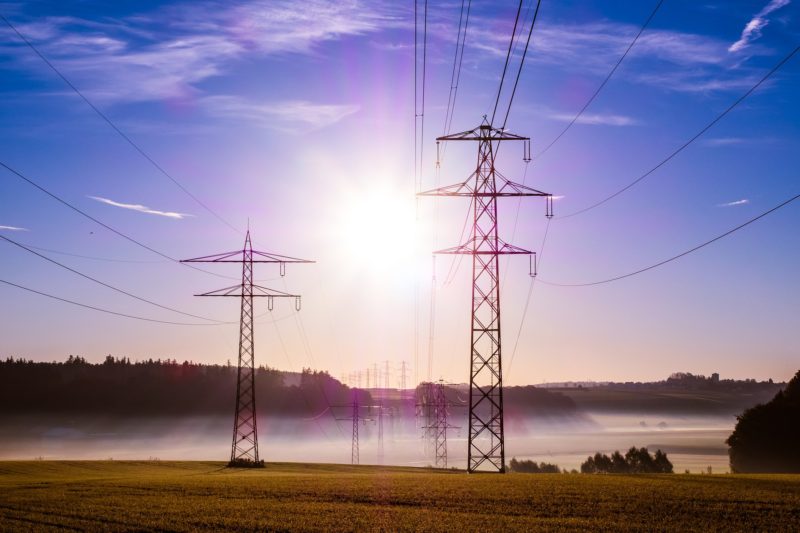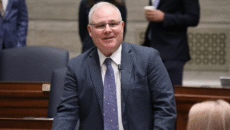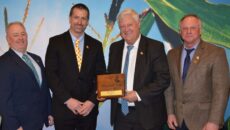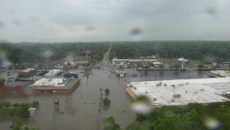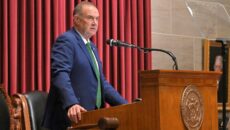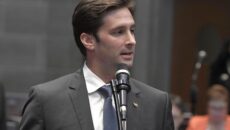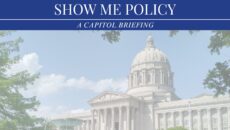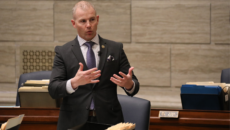JEFFERSON CITY, Mo. — As the Midwest continues to navigate the fallout from February’s winter storms, municipal utility companies in Missouri will soon have access to a new relief fund.
The Department of Natural Resources (DNR) Division of Energy is accepting applications for its Municipal Utility Emergency Loan Program beginning June 2. The fund will allow electric and gas companies to borrow for up to five years without interest to address wholesale costs incurred due to the storm. The fund totals $50 million and will be administered on a first-come-first-served basis.
“This past February, communities all over Missouri faced unexpectedly high prices for the energy that citizens need to keep warm,” DNR Director Carol Comer said. “We are pleased to offer a Municipal Utility Emergency Loan Program to lessen the impacts of the spike in energy costs as part of our mission to assist in meeting the urgent needs of these communities.”
A bipartisan group of lawmakers from both chambers called on Gov. Mike Parson to request the fund after February’s cold snap. Parson obliged the following week, putting it under the purview of a supplemental budget. The allocation was approved earlier this month as part of a $2 billion bill that included funds for government operations, infrastructure, and more.
“The cold snap in February was bad for a lot of people,” said Rep. Jeff Porter, who led the push in the General Assembly. “There was a lot of price gouging or market manipulation going on at a very critical time, taking advantage of a situation and a captive audience. … It was time for me to step up to the plate, and I got 113 signatures in the House hoping we could do something for our constituents.”
In a virtual press conference with Porter, several local utility managers discussed the fallout of the severe weather event, from concerns over price gouging by providers and the depletion of Macon Municipal Utilities’ annual budget over a four-day period as prices rose astronomically.
The cold snap struck the Midwest in early February, impacting everything from vaccine distribution to the legislature and forcing companies to initiate rolling blackouts. Investor-owned utilities are also evaluating ways to mitigate the impact on customer billing, spreading the cost over the next few years rather than overloading consumers all at once.

